Working with an archive of photographs made over a century ago, the artist folds the gaze back onto the Eurocentric lens that shaped the images in The Fold
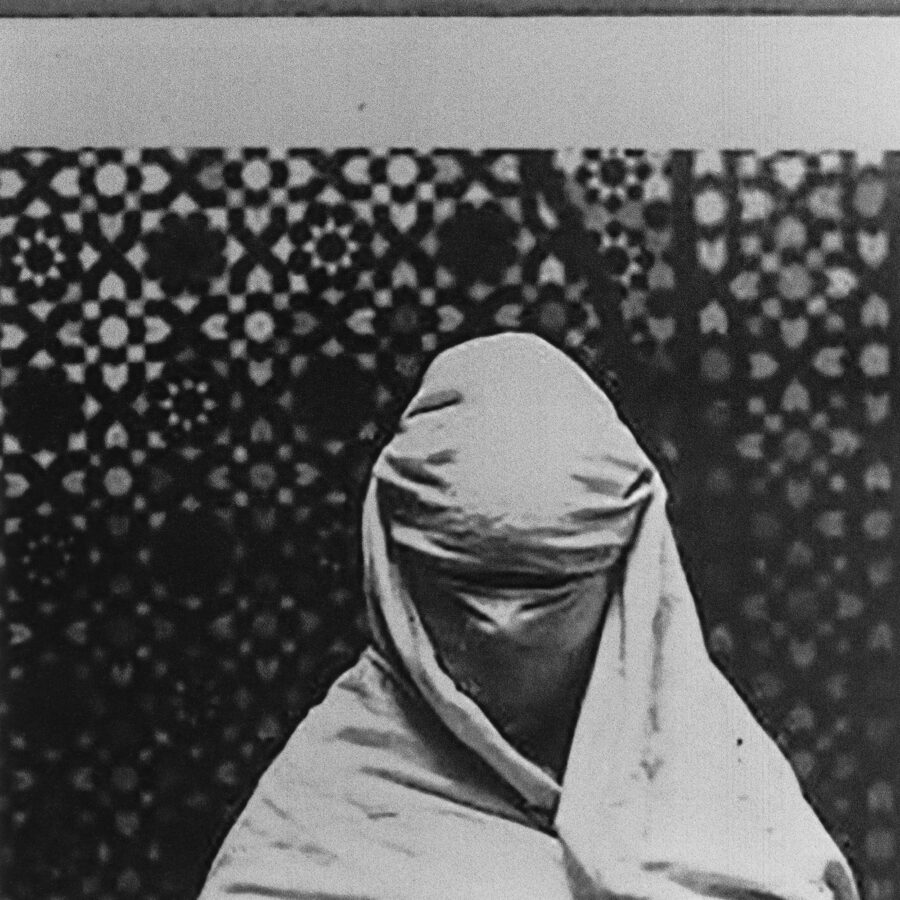

Working with an archive of photographs made over a century ago, the artist folds the gaze back onto the Eurocentric lens that shaped the images in The Fold
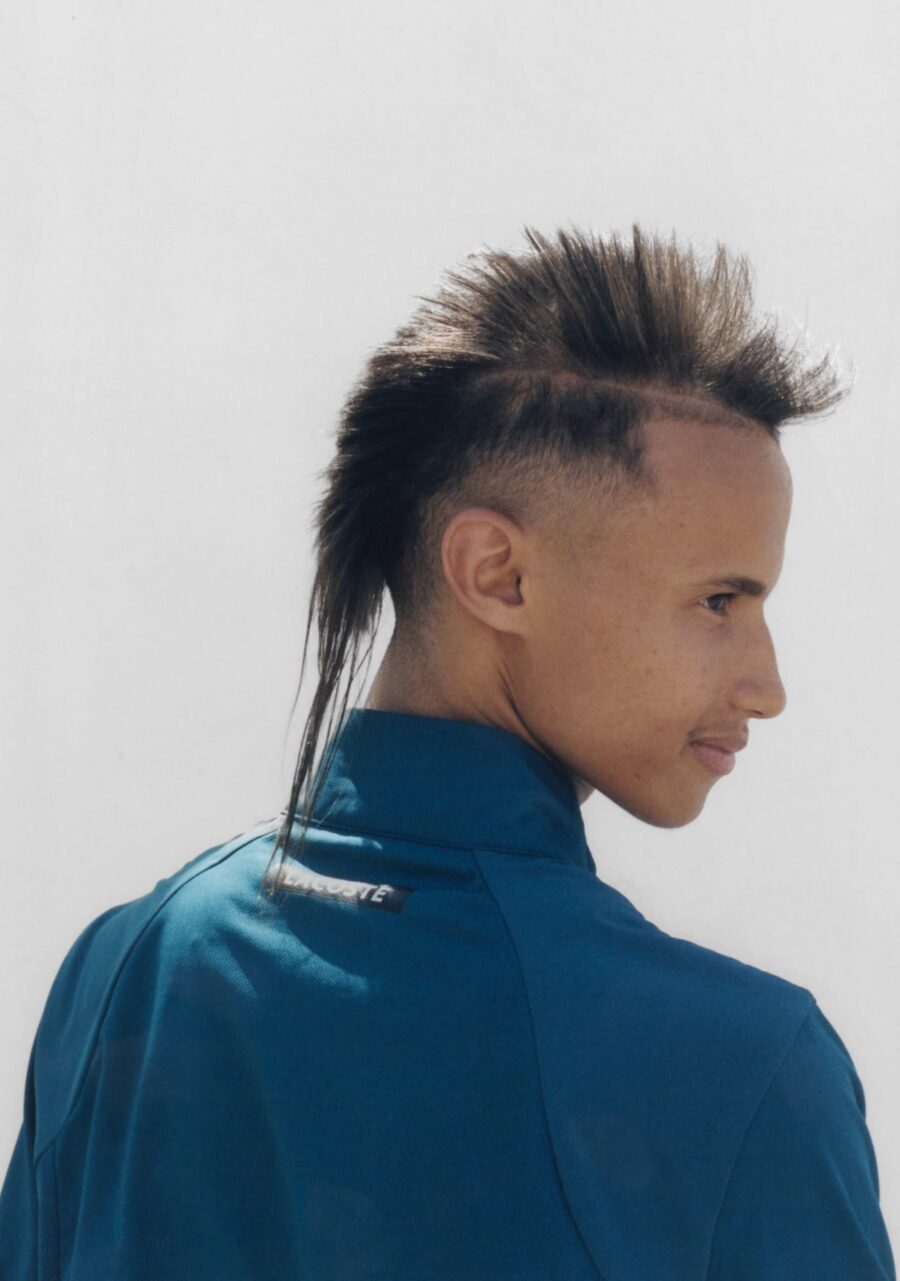
The South London-based Moroccan photographer spent time in Marrakech’s barbershops, photographing its young men
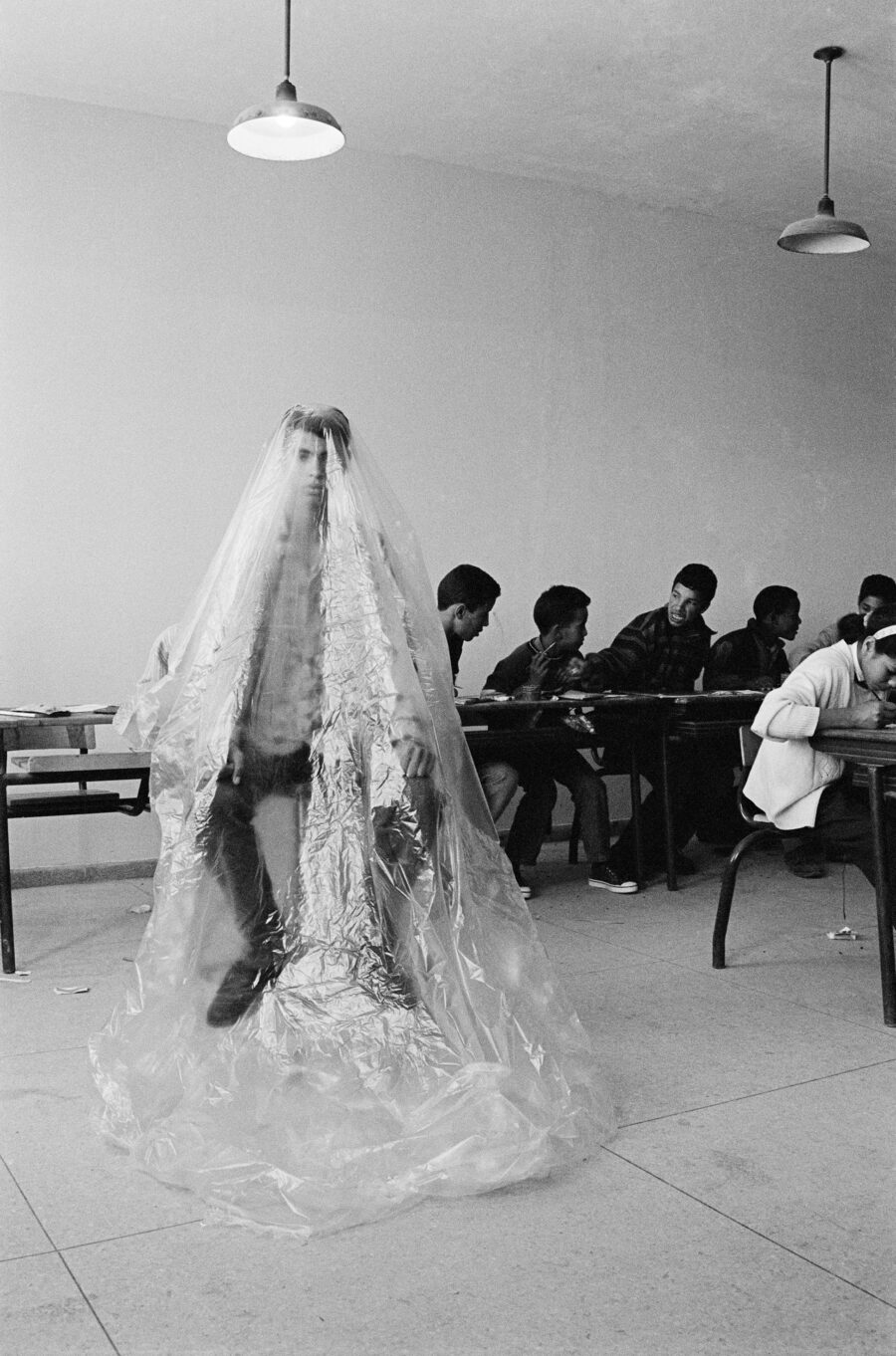
The photographer challenged the status quo of Moroccan education through surrealism in The Classroom, now published by Loose Joints
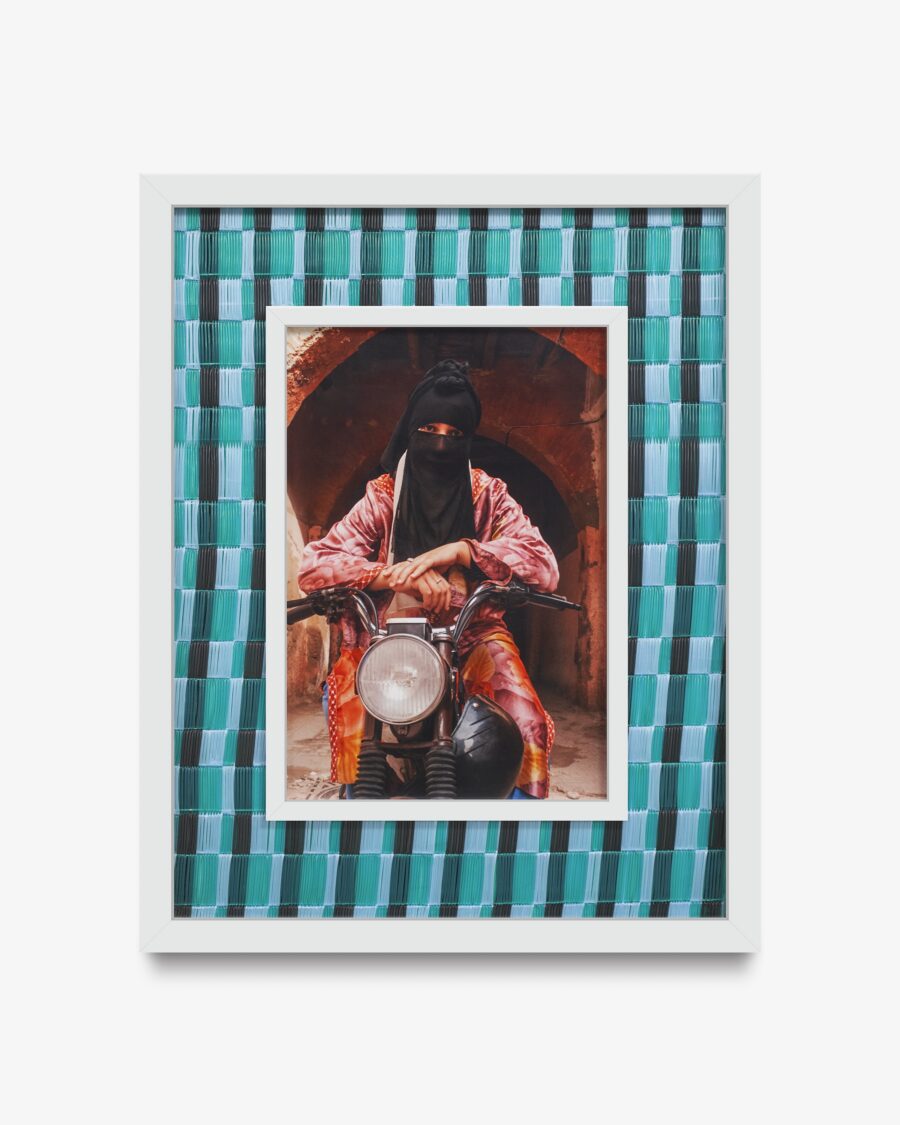
People of My Time at Hannah Traore Gallery brings together 50 works spanning two decades, celebrating the intersection of tradition and pop-culture
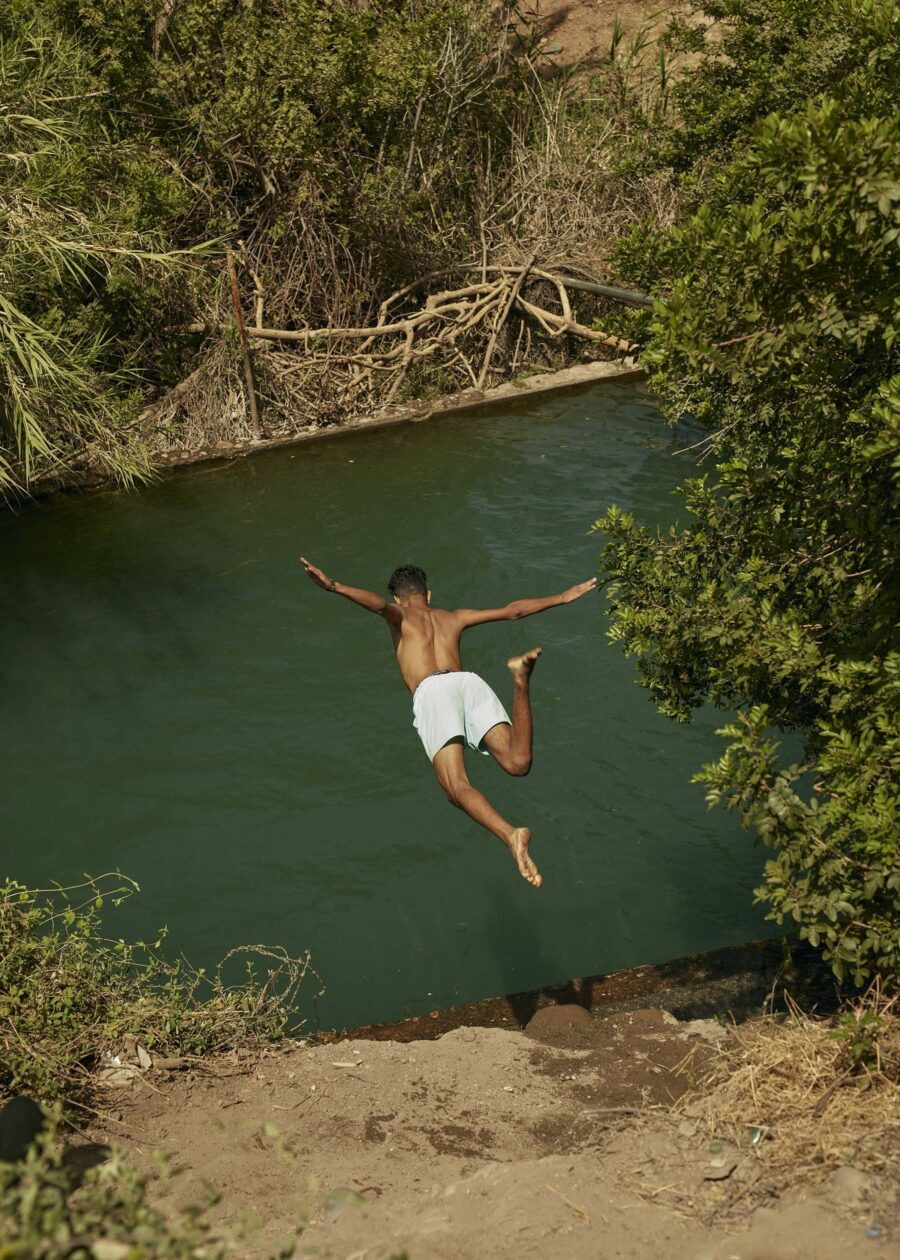
Contributing artists Mounir Raji, Tina Farifteh and Rosângela Rennó discuss their projects with BJP as responses to questions around home, migration & diaspora, and colonialism.
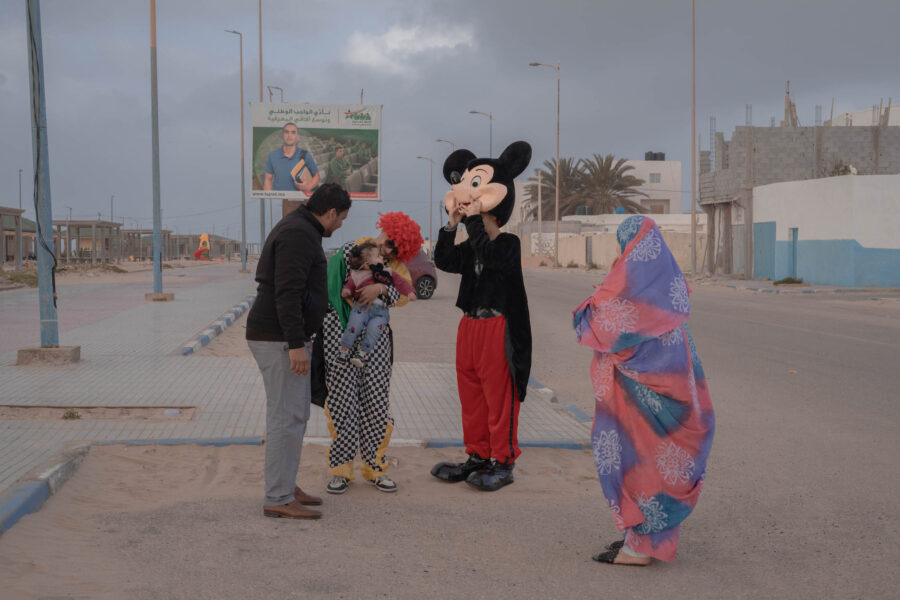
Moroccan One to Watch Imane Djamil brings a photojournalistic eye to emotive and misunderstood migration stories
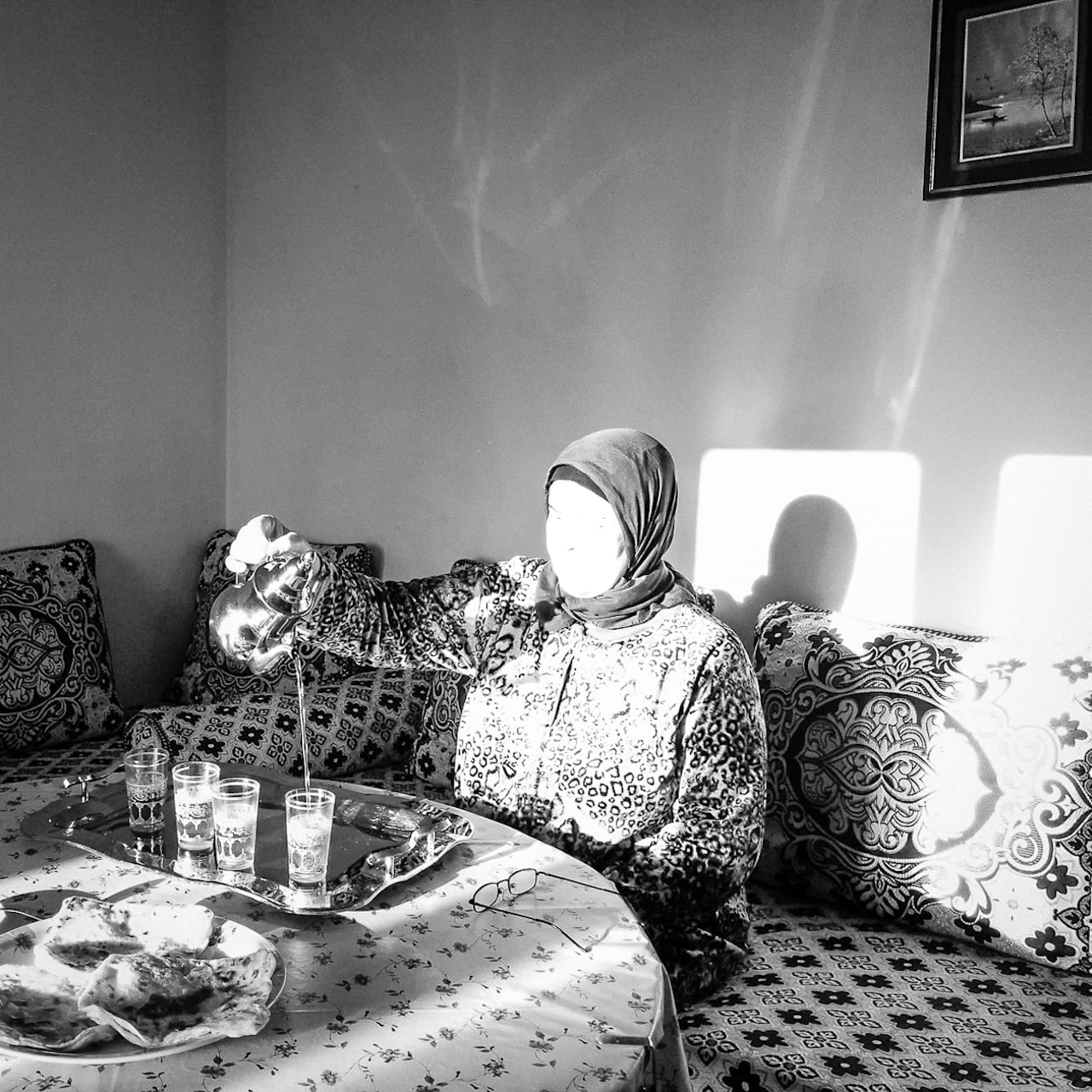
Hayati, meaning “my life” in Arabic, reflects on photographer Karim El Maktafi’s dual identity as a second-generation Italian born to Moroccan parents. The images were taken in both Italy and Morocco, and are all shot on an iPhone SE [Special Edition] – for a couple of reasons.
El Maktafi got into image-making via smartphones as a teen, after using them to take photographs of his friends. After graduating from the Italian Institute of Photography in 2013, he decided to return to the device with a more trained eye, when he decided to shoot Hayati.
He also uses a smartphone camera is because it’s less intrusive. El Maktafi’s family were against him photographing them, and in general don’t approve of photography as a career, which is why their faces are either cropped out or disguised by rays of light in the project. Using a smaller camera proved gentler way to record them, and the many other people involved.
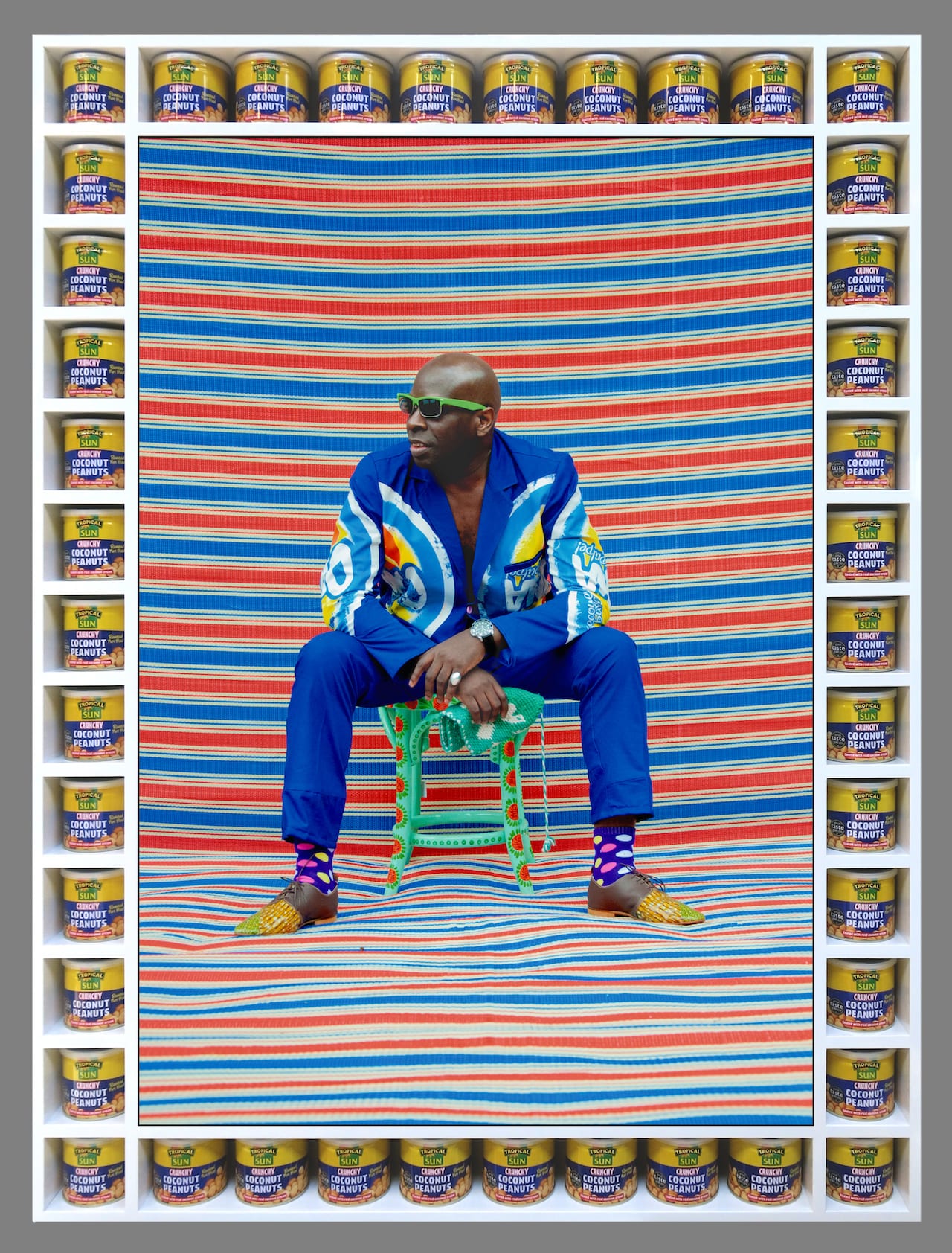
“If you’ve been to Morocco I think you’ll understand that we’re a very colourful country, a colourful people. We see every colour being worn. In Morocco that there is the clash of colours and an attitude not to be scared of colours,” says Hassan Hajjaj. His latest exhibition, La Caravane, is about to launch at Somerset House, the first display for the British-Moroccan photographer in London in seven years. His work reflects on identity and culture, which has featured as a big part of his life and work since moving to the UK from a small port town in Morocco aged just 13.
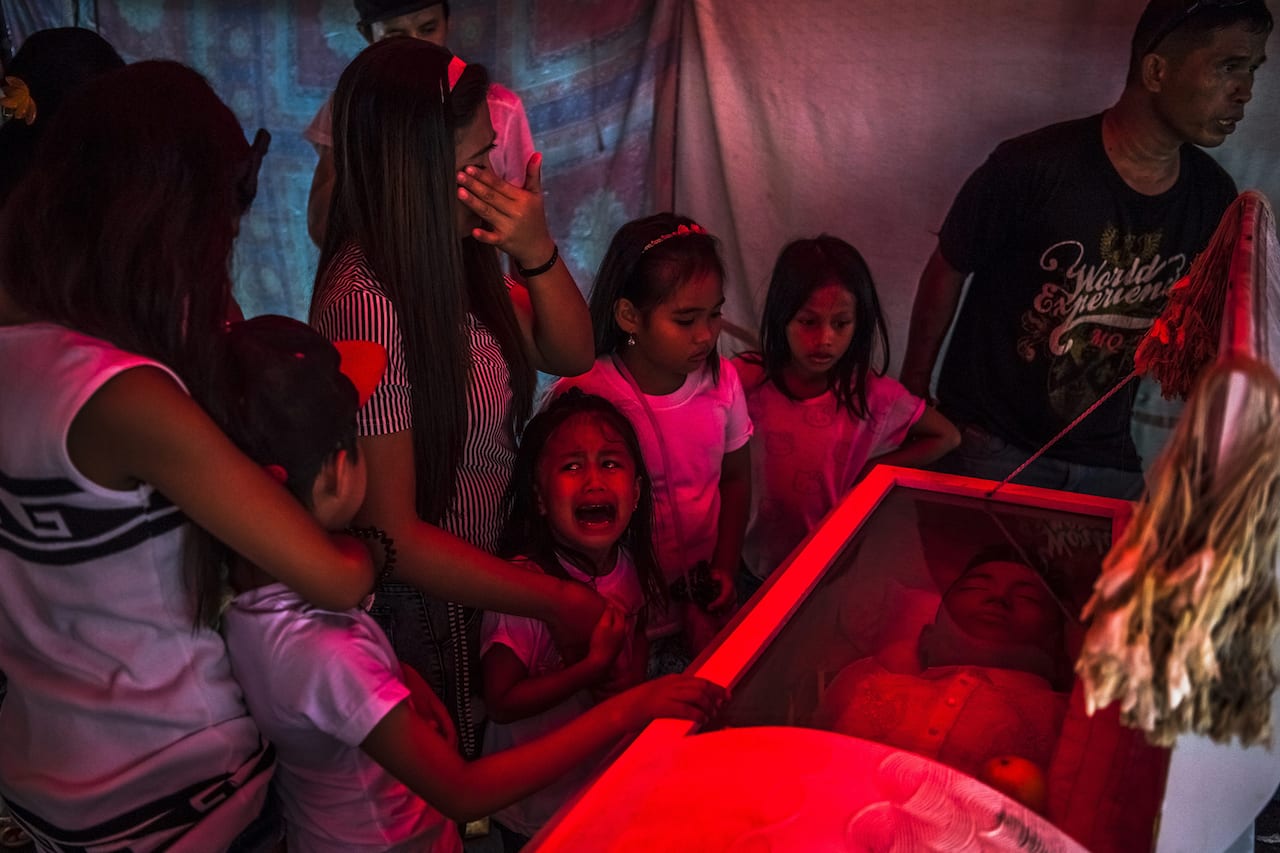
The Visa Pour l’Image festival returns for the 29th time – to “turbulent time”, in which “photojournalists are obviously needed, and play an essential role which is now more important than ever” as the co-founder and director general Jean-François Leroy puts it